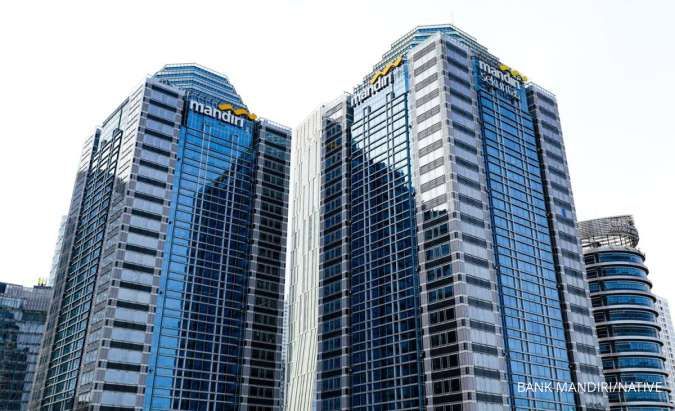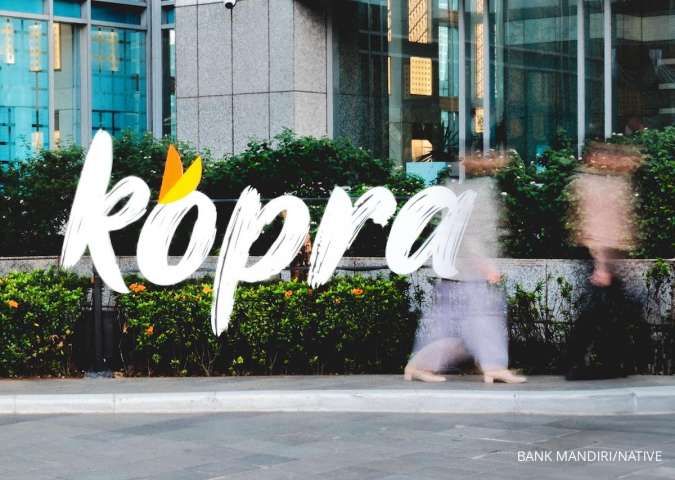KONTAN.CO.ID - LONDON. World markets swung between hope and caution on Thursday as a another shot of European Central Bank stimulus was offset by still-troublesome U.S. data and general fatigue after a weeks-long rebound in risk appetites European equities, oil and euro markets had been lower before the ECB said it would nearly double the size of its Pandemic Emergency Purchase Programme to 1.35 trillion euros, extend it until June 2021 at the earliest and re-invest the proceeds until at least the end of 2022. This was beyond what most analysts had predicted and came on the heels of a huge domestic support package from Germany . It pushed the euro back above $1.1250 and European stock markets into positive territory, although that proved brief.
"This reflects the `we will do what it takes' mentality of central bankers," said Neil Birrell, chief investment officer at Premier Miton, adding it was "likely to keep markets happy." What didn't please traders so much was the U.S data that came shortly afterwards. Wall Street opened down after figures showed exports had dropped by a record 20.5% in April to a 10-year low. Goods exports plunged 25.2% to $95.5 billion, the lowest since September 2009. Exports of motor vehicles and parts fell to $3.8 billion, the lowest since March 1992. Shipments of consumer goods dropped to $10.4 billion, the lowest since April 2006. The euro's jump at the ECB's latest measures had already caused the dollar to wobble. The U.S. currency had been on course for its first broad rise in a week, but those hopes looked to be fading. Read Also
: Indonesia capital tentatively eases some coronavirus restrictions Market optimism about the post-COVID 19 recovery has reduced the dollar's safe-haven appeal, as have widespread protests in the U.S. over the death of a black man in police custody. The U.S. currency had began strengthening in overnight trading, pushing the Japanese yen to a two-month low of 109.150. The Australian dollar dropped as much as 0.5% to $0.6884 after retail sales there plunged, although the country's fourth stimulus package had helped shares gain . The ECB's additional bond buying saw Italy lead a fall in government bond yields, with 10-year borrowing costs tumbling more than 15 basis points to 1.40% -- their lowest level since late March. Safe-haven German 10-year bond yields climbed to their highest since mid-April at -0.32%, 20-year yields went positive for the first time since January and benchmark U.S. Treasury 10-year yields rose 0.8%. RALLY RELENTS Hong Kong's stock market remained hobbled by concerns about Beijing's new national security law. Chinese airline shares also drooped after U.S. President Donald Trump's administration said it would bar Chinese passenger carriers from flying to the United States from June 16. Oil prices, which have been on a tear in recent weeks, also dipped as doubts about supply cuts by major producers began to creep back in. Saudi Arabia and Russia, two of the world's biggest oil producers, have agreed to support an extension into July of the 9.7 million barrels per day supply cuts backed in April.
But they failed to agree on holding an OPEC+ meeting on Thursday to discuss the cuts, with OPEC sources saying it would be conditional on cuts by countries that have not complied with their targets so far.
Read Also: Gold gains after biggest daily decline in a month U.S. crude fell as much as 2% to $36.53 a barrel, while the ECB helped Brent crude temper falls. It was last at $39.40 per barrel, having climbed above $40 a barrel for the first time since early March on Wednesday. Spot gold rose 0.5% to $1,708 an ounce Thursday after losing 1.6% on Wednesday.

